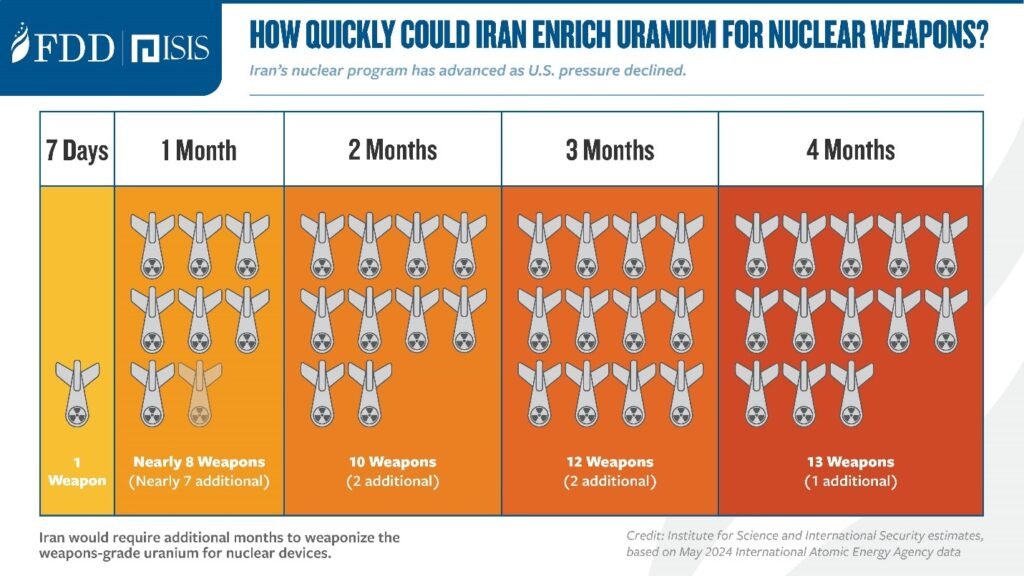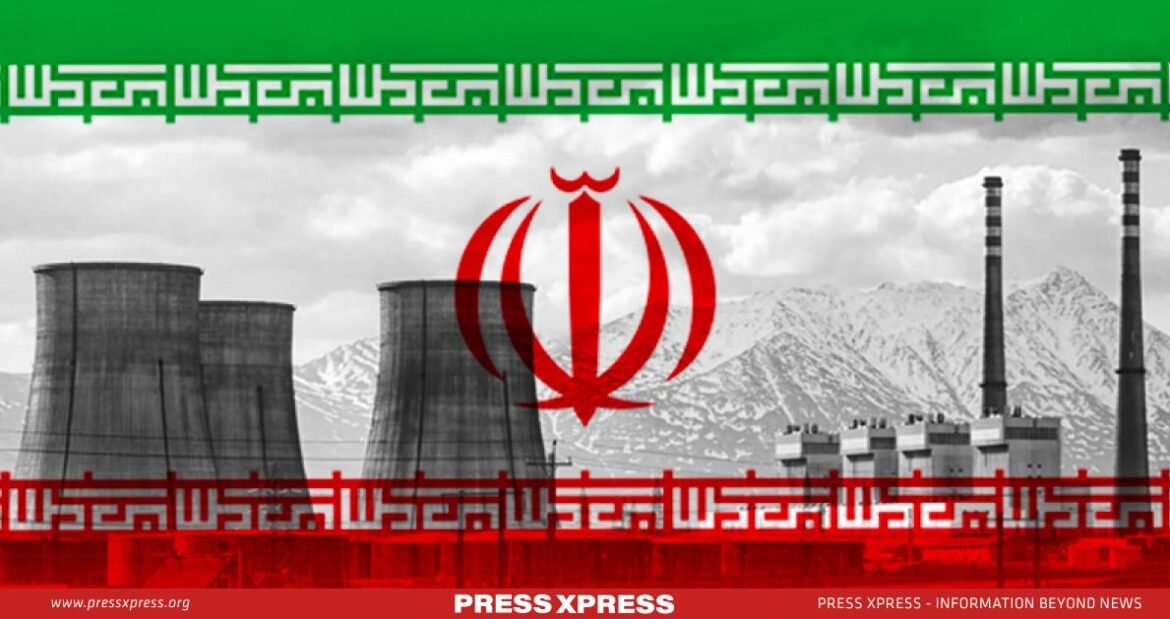The world’s focus is once again trained on Iran’s nuclear program. The International Atomic Energy Agency (IAEA) recently passed a resolution calling on Iran to increase cooperation and allow inspectors back in. Tehran branded this move as ‘hasty and ill-advised’ and threatened retaliation. This resolution, driven by Western nations, aims to pressure Iran into complying with international nuclear agreements.
You Can Also Read: MYSTERY LINGERS OVER IRAN PRESIDENT’S DEATH
Reports suggest Iran’s nuclear program advancements have raised alarms, with the potential to produce enough fissile material for a nuclear weapon within weeks. Despite Iran’s assertions of peaceful intentions, its escalating enrichment activities have heightened tensions across the Middle East. Attempts to revive the 2015 nuclear deal remain deadlocked, further complicating the situation.
Iran’s Denouncement
The resolution, supported by Britain, France, and Germany, called on Iran to increase cooperation and allow inspectors to resume their work. Tehran argues that this decision undermines diplomatic efforts. The IAEA resolution seeks to apply pressure on Iran to comply with international nuclear agreements.
Iran’s mission to the United Nations criticized the resolution, stating it lacks legal, technical, and political justification. Tehran warned of a ‘serious and effective response’. The resolution passed with 20 votes in favor, 12 abstentions, and one non-participation, highlighting global divisions over Iran’s nuclear program activities. The resolution could potentially lead to further actions from the UN Security Council.
Iranian Statements Indicate They May Already Have Nukes
Recent remarks from Iranian officials have raised suspicions that Tehran may already possess the capability to produce nuclear weapons. Kamal Kharazi, a senior advisor to Iran’s Supreme Leader, hinted that Iran could shift its nuclear doctrine if threatened by Israel. He mentioned that while Iran does not currently possess nuclear weapons, changes in strategy could occur in the face of existential threats.

Further claims from Iranian lawmaker Ahmad Bakhshayesh Ardestani and former foreign minister Ali-Akbar Salehi lend weight to this assertion. Ardestani suggested Iran might already have a nuclear weapon, while Salehi emphasized that Iran has crossed significant milestones in nuclear science and technology, implying the capability to build a bomb.
“In my opinion, we have achieved nuclear weapons, but we do not announce it. It means our policy is to possess nuclear bombs, but our declared policy is currently within the framework of the JCPOA”
– Dr. Ahmad Bakhshayesh Ardestani, Iranian MP

Despite these statements, the United States and other Western nations continue to closely monitor Iran’s nuclear activities. They assess that Iran has not resumed key activities necessary to produce a testable nuclear device, but remains capable of producing enough fissile material for a bomb within a matter of weeks.
U.S. Strategic Missteps and Nuclear Proliferation
The U.S. has made significant missteps since Russia’s invasion of Ukraine in 2022, notably in its messaging on nuclear weapons. The Biden administration’s actions suggested a willingness to protect nuclear-armed allies like Israel from a non-nuclear Iran. Conversely, it showed reluctance to defend non-nuclear Ukraine against nuclear-armed Russia. This dichotomy signals to other nations that possessing nuclear weapons can enable aggressive actions against U.S. allies and deter American intervention.
The British government’s stance further reinforces this perception. By admitting that fears of escalation with Russia limit support for Ukraine, they highlight the protective advantage of nuclear capabilities. This conduct by the U.S. and its allies is likely to spur a surge in nuclear proliferation as countries seek to safeguard their interests through nuclear armament.
Reinforcing Iran’s Perception of Needing Nuclear Weapons
The strategic miscalculations by the U.S. since Russia’s invasion of Ukraine have likely reinforced Iran’s perception that it needs nuclear weapons for its security. The Biden administration’s defense of nuclear-armed Israel against a non-nuclear Iran, contrasted with its reluctance to defend non-nuclear Ukraine against nuclear-armed Russia, sends a clear message. This disparity indicates that nuclear-armed states can act aggressively without fear of significant U.S. intervention.
Iran perceives that having nuclear weapons would deter potential aggressors and ensure its regime’s survival. The British government’s admission that fears of escalation with Russia limit support for Ukraine further emphasizes the security advantage provided by nuclear capabilities. Iran likely views nuclear armament as a way to achieve a strategic balance and protect itself from similar vulnerabilities.
Iran Having Nukes – A Good Thing?
Iran’s possessing nuclear weapons might create a more stable Middle East. Kenneth Waltz’s deterrence theory suggests that nuclear weapons deter wars. They ensure that potential aggressors avoid conflicts due to the high stakes involved. Iran’s nuclear capabilities could prevent regional rivals from considering military actions against it.
Nuclear weapons would serve as a strong deterrent. Iran’s enemies, particularly Israel and Saudi Arabia, would think twice before initiating any aggression. The balance of power might shift, promoting a more cautious approach to conflicts.
A nuclear-armed Iran might behave more independently but cautiously. Historical examples show that countries with nuclear capabilities tend to avoid reckless actions. Instead, they use their status to bolster their security without engaging in direct confrontations. This could reduce Iran’s provocative behavior and lead to more diplomatic engagements.
Iran could leverage its nuclear status to stabilize the region. It might use its power to foster alliances and discourage interventions by external powers. This balance could lead to a more predictable and controlled regional environment.
Moreover, nuclear weapons could enforce a status quo. Iran, feeling secure, might invest more in diplomatic solutions rather than military confrontations. This could lead to reduced tensions and a more stable Middle East overall.
Conclusion
Iran’s nuclear program remains a pressing global concern. However, Iran’s own desire for ‘regime survival’ means that while a matter of concern, Iran possessing nuclear weapons might not be as apocalyptic as one is lead to believe.
While the idea is controversial, a nuclear-armed Iran could bring a form of stability through deterrence and cautious diplomacy. This perspective highlights the potential for a balanced power dynamic in a historically volatile region.


